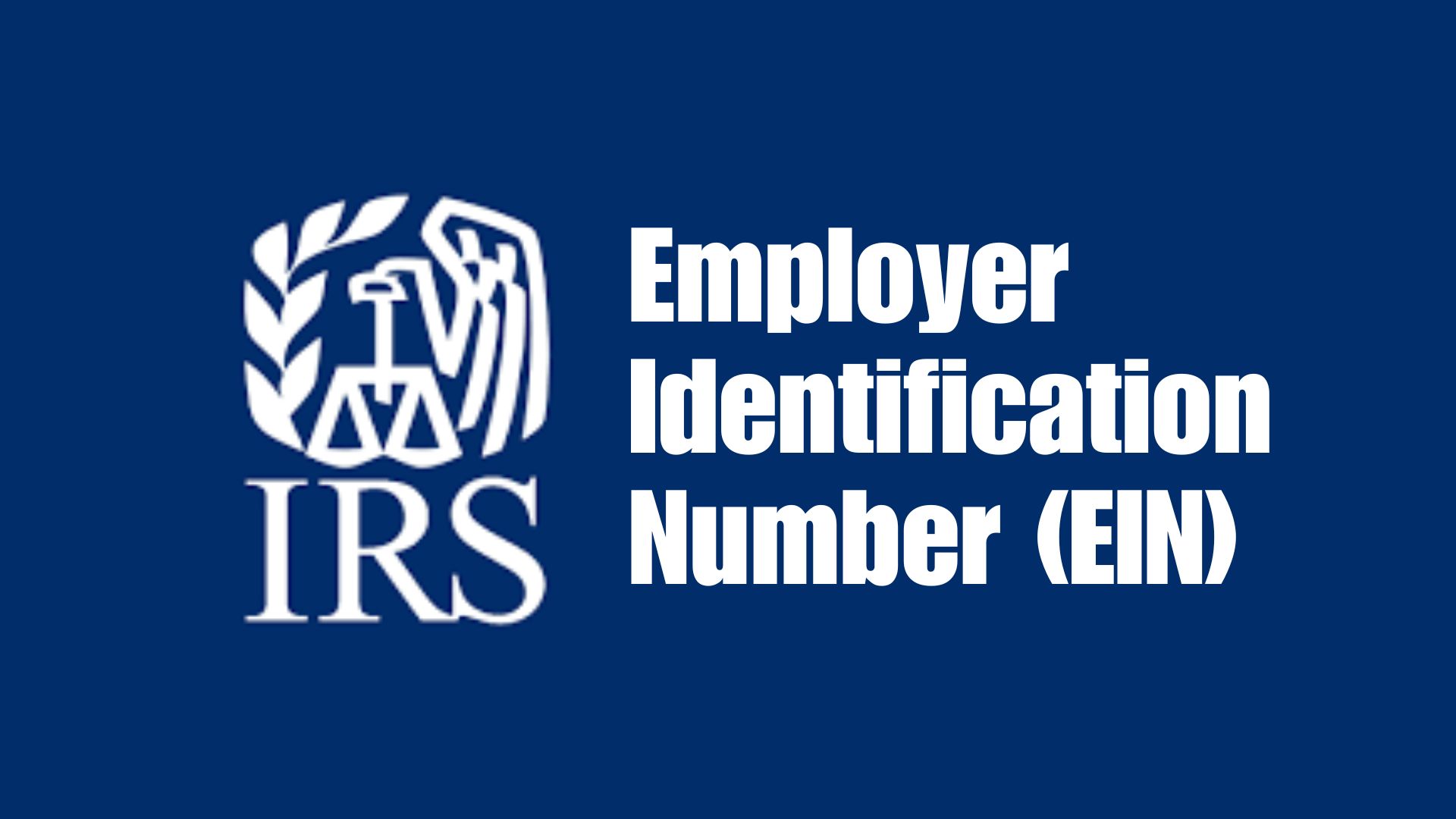Last Updated on 1 month by Komolafe Bamidele
Want to start a business in Texas? Setting up an LLC in Texas is a smart move, offering legal protection and tax advantages.
This guide breaks it down into five simple steps—naming your LLC, appointing a registered agent, filing paperwork, drafting an operating agreement, and handling taxes.
By the end, you’ll have a legally registered LLC ready to thrive in Texas. Let’s dive in!
Step 1: Choose a Unique Business Name
Choosing the right name for your LLC is one of the most important steps in setting up your business. Your LLC’s name must be unique and distinguishable from existing registered companies in Texas.
The Texas Secretary of State enforces strict naming rules to prevent business confusion. Here’s what you need to do:
- Ensure that your name includes “Limited Liability Company” or its abbreviations “LLC” or “L.L.C.” This legal requirement helps differentiate your business entity from other structures, such as corporations and sole proprietorships.
- Check the Texas Secretary of State’s online business name database to verify the availability of your desired name. If a name is too similar to an existing business, your application may be rejected.
- Avoid restricted words such as “Bank,” “Attorney,” or “University” unless you have the necessary licenses to operate in those industries. Using such words may require additional paperwork or approvals.
- Consider reserving your chosen name if you are not yet ready to file your LLC formation documents. You can reserve a name for up to 120 days by submitting Form 501, Application for Reservation or Renewal of Entity Name, along with a $40 fee.
- Secure a matching domain name for your business website. Even if you don’t plan to launch a website immediately, reserving a domain name ensures that your business branding remains consistent across online platforms.
By following these steps, you can choose a unique and compliant name that helps establish a strong brand identity for your LLC in Texas.
Zenithtechs Recommends: Florida LLC Formation – How to Start a Florida LLC in 2025 (Step-by-Step Guide)
Step 2: Appoint a Registered Agent
A registered agent is a crucial requirement for all LLCs in Texas. This individual or business entity is responsible for receiving legal documents, tax notifications, and official government correspondence on behalf of your LLC.
Here’s what you need to know when selecting a registered agent:
- The registered agent must have a physical address in Texas, known as the registered office. P.O. boxes are not acceptable.
- You can choose to act as your own registered agent, but this means your personal address will be listed in public records. Additionally, you must be available during normal business hours to receive legal documents.
- Many business owners opt to hire a professional registered agent service. These services typically cost between $50 to $300 annually and ensure that you receive important legal notices promptly while maintaining privacy.
- If you hire a third-party service, they will forward all official correspondence to you, helping you stay compliant with Texas state laws.
- Choosing a registered agent wisely ensures that your LLC remains in good standing and avoids penalties for missing important legal deadlines.
(Bizee’s Registered Agent Service Has Everything You Need · It’s FREE for the first year! Completely free of charge when you form a business or LLC through Bizee.)
Step 3: File the Certificate of Formation (Form 205)
Filing the Certificate of Formation is the official process of legally establishing your LLC in Texas. This document is submitted to the Texas Secretary of State and includes essential details about your business.
Here’s what you need to do:
- File online through the Texas Secretary of State’s website or submit a paper application by mail or in person.
- The filing fee is $300 for standard processing. Expedited processing is available for an additional fee.
- You will need to provide details such as your LLC’s name, registered agent information, business address, and the names of the LLC’s members or managers.
- Indicate whether your LLC will be member-managed (where all members participate in business operations) or manager-managed (where designated managers handle daily operations).
- The Certificate of Formation must be signed by an organizer, who can be a member, attorney, or business formation service.
- Once the Secretary of State approves your Certificate of Formation, your LLC becomes a legally recognized entity in Texas. This process typically takes a few business days if filed online but can take longer for mail-in applications.
Zenithtechs Recommends: Can You Form an LLC by Yourself as a Non-U.S. Resident?
Step 4: Create an Operating Agreement
Although Texas does not legally require LLCs to have an operating agreement, drafting one is highly recommended.
An operating agreement outlines the structure and internal operations of your business, reducing the risk of conflicts among members. Here’s why an operating agreement is important and what it should include:
- Ownership Structure: Clearly define each member’s ownership percentage to prevent disputes in the future.
- Profit and Loss Distribution: Specify how profits and losses will be shared among members, whether equally or based on ownership stakes.
- Management Structure: Outline whether the LLC will be managed by its members or appointed managers.
- Voting Rights and Responsibilities: Establish decision-making processes, including how votes are counted and which decisions require unanimous consent.
- Adding or Removing Members: Detail the procedure for adding new members or handling the departure of existing members, including buyout terms.
- Dissolution Process: Define the steps for dissolving the LLC if members decide to close the business.
- Legal Protections: An operating agreement helps strengthen your LLC’s limited liability protection by showing that the business operates separately from its owners.
A well-drafted operating agreement provides clarity, minimizes conflicts, and serves as a legal reference for managing your Texas LLC effectively.
Step 5: Obtain an EIN and Comply with Tax Requirements
An Employer Identification Number (EIN), also known as a Federal Tax ID Number, is required for tax reporting and other business-related purposes.
Here’s what you need to know about obtaining an EIN and fulfilling your tax obligations:
- You can obtain an EIN for free by applying online through the IRS website or by submitting Form SS-4 via mail or fax.
- An EIN is necessary for opening a business bank account, hiring employees, and filing taxes.
- Determine your Texas state tax obligations. LLCs in Texas may be subject to the state franchise tax, which applies to businesses with gross revenue exceeding $1.23 million (as of 2023).
- If your business sells taxable goods or services, you must register for a Texas Sales and Use Tax Permit through the Texas Comptroller’s website.
- If your LLC has employees, you must register for state employer taxes and comply with federal payroll tax requirements.
- Staying compliant with tax requirements helps avoid fines and ensures that your LLC operates legally in Texas.
Texas LLC Costs and Ongoing Compliance
- Formation Filing Fee: $300
- Registered Agent Fee (if applicable): Varies ($50-$300 annually)
- Franchise Tax: Applies if revenue exceeds $1.23 million (as of 2023)
- Annual Reports: Texas does not require an annual report, but a Public Information Report (PIR) is necessary
Zenithtechs Recommends: Wyoming Holding LLC – How to Set Up a Wyoming Holding LLC and Protect Your Wealth
Pros and Cons of a Texas LLC
Pros:
✔ Limited personal liability protection
✔ Pass-through taxation
✔ Flexible management structure
✔ No personal income tax
✔ Business-friendly regulations
Cons:
✘ Higher formation fee compared to other states
✘ Franchise tax for higher revenue businesses
✘ Additional paperwork for multi-member LLCs
Final Thoughts and Next Steps
Starting an LLC in Texas can be straightforward when you follow these five steps. If you want to simplify the process, you can use a professional LLC formation service like Bizee to handle the paperwork for you.
This ensures compliance, saves time, and lets you focus on growing your business.
Ready to start your Texas LLC? Click here to begin today!
Discover more from Zenith Techs
Subscribe to get the latest posts sent to your email.




